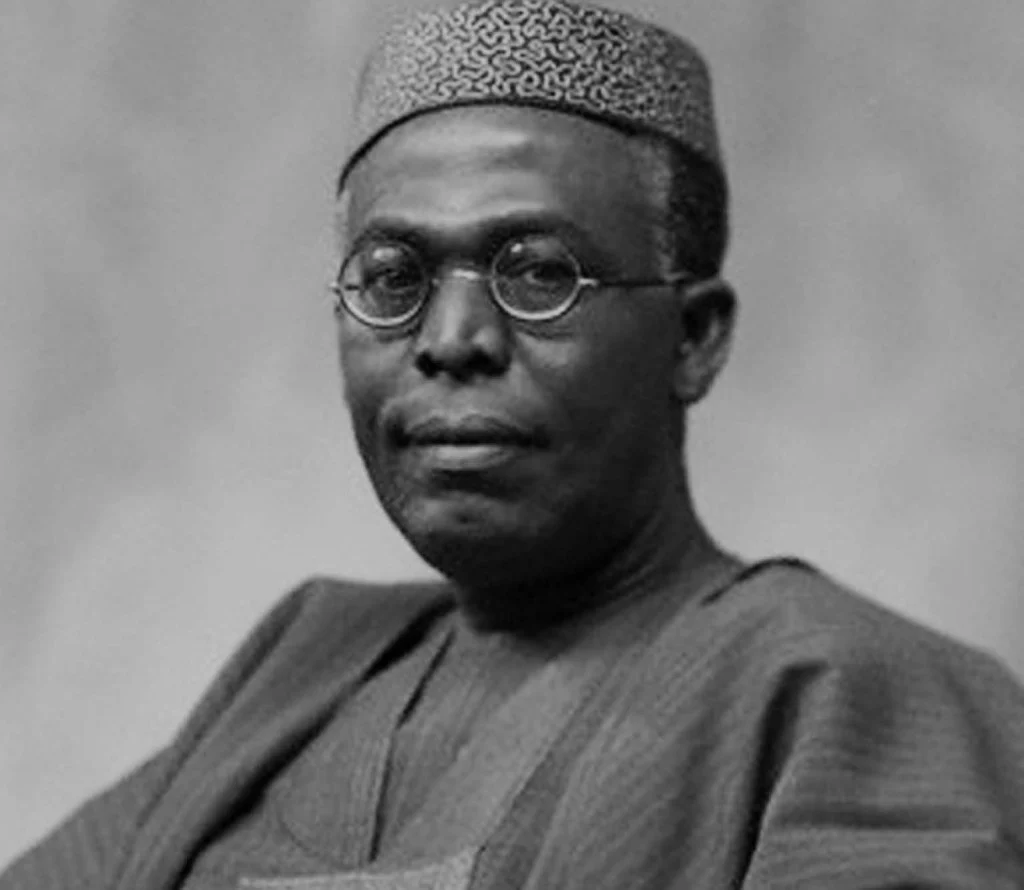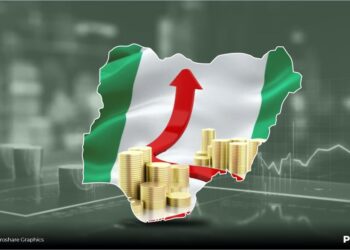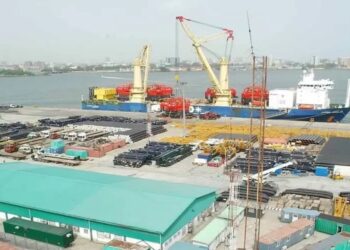Campaigns for the forthcoming general elections have begun and so too the publication of party manifestos to anchor various social contracts on offer to the country by the parties. Chief Obafemi Awolowo made party manifestos a milestone in Nigerian politicking, I stand to be corrected on this. His manifestos forced the hands of other parties in the first and second republics into making manifestos of sorts. No one remembers party manifestos being published at the beginning of third Republic in 1998. Some believe manifestos are of no consequence no matter how well thought out and crafted, after all manifestos never delivered for Chief Awolowo at federal elections.
With the passing of Chief Obafemi Awolowo, manifestos and cardinal points became perfunctory. President Jonathan’s Transformation Agenda is a case in point. Yes the right words but retrogression after winning the elections. With this Nigeria has suffered manifesto fatigue or manifesto indifference. The question is how do we revive genuine interest in party manifestos in our country? The major parties have revived interest in manifestos having published glossy manifestos but is this renewed interest going to be matched by electorate engagement with these manifestos.
While the populace might not be interested in these documents, there is a section of society that are interested, commentators, pundits and analysts. With their help we hope interest and critiquing of manifestos for the youths will be rekindled. For we ignore contents of party manifestos at our peril. It can be used to judge performance of parties at the end of their tenure when they come begging for another term.
At writing, two major parties have their manifestos published. An interesting phenomenon of phantom manifestos have appeared with the third major party denying ownership of a 54-page manifesto in its name. As we await the third party’s manifesto we can give broad guidelines in assessing these documents. This job was easier in the past as the likes of Obafemi Awolowo and Nnandi Azikiwe had body of writings and books which made their thinking known. It was from these books that manifestos were gleaned.Contents of these seminal books formed the ground springs from which their manifestos manifested.
We don’t have the benefit of books from candidates, their manifestos being our introduction to works in their names. Would the manifesto reveal ideologies they hold or is it a cover for power grab or treasury capture? Would it reveal the feudalism in them or the Statist in them? After all we know Awo’s manifestos are from him being a Social Democrat practising a form of welfarism.
I believe the preamble to any manifesto should tell us root causes of what afflicts this 62 year old state in diapers, whose mates are conquering the world while he lags and crawls in pampers. Why has the economy been in depression for last seven years despite all sorts of government policy, monetary and fiscal interventions. GDP 2015 was $487 billion USD, GDP 2021 remains below this figure at $441 billion USD. If the manifestos from its first pages do not make a cogent root diagnosis of the country’s economic ailments the document is a wish list and we will remain beggars with no horses to ride.
We move on to assessing how comprehensible these documents are. If there are many moving parts then it’s implementation is already compromised as this leads to much officialdom. If it’s kept simple with clear measurable indices such as per capita gdp growth or kilometre of standard gauge rail laid per year, chances of success in execution is higher. The document should also prescribe the ‘HOW’ of achieving these well defined targets. The recent past has taught us this lesson as some promised us dollar parity and delivered naira in free fall. They promised end to power outages and ASUU strikes but were unable to deliver. Yes a clear manifesto will allow for performance evaluation in future.
We should scan these documents for novel and original ideas. It’s easy to enact a copy and paste type of manifesto. Only a trained eye can ferret out whether the manifesto is a collation of soundbites and new mantras picked up here and there and not an original that come from inner convictions based on politico-economic worldviews. Also a seasoned interviewer would reveal if the manifesto is a plagiarised document.
These documents have one liners as heads. For example, we have “Hope Renewed” and “My Covenant with Nigerians.” This is not enough. Can one ever forget John F. Kennedy’s punch line, “Ask not what your country will do for you, Ask what you will do for your country.” A punch line that should speak to Nigerians. Franklin Roosevelt admonition to his countrymen in the throes of the Great Depression was “All We Have To Fear Is Fear Itself.” President Buhari tried his “I Belong To Everybody And I Belong To Nobody.” Granted these were part of inaugural speeches but such can also find it’s way into manifestos if they are sincere and come from the heart.
A scrutiny of available manifesto reveal contradictions. After decades of ignorance and the naira paying the price, politicians are coming to appreciate the importance of non-oil exports of high value goods as panacea for currency stability. Stability not strength because veering into export on global scale require depreciating local currency and not a strong currency which one of the manifestos promises. Its a contradiction to want to export and also appreciate your currency but the compiler of this manifesto seem not to understand this.
Also fake is a manifesto that do not tell us what they will do differently in infrastructure acquisition. Infrastructure acquisition has never been on the back burner of party or government, military or civilian. The challenge is the rate of acquisition and maintenance of existing infrastructure. Within a decade of construction highways become a blight to the eyes and maintenance a near impossibility. Same for electricity power delivery. We are scratching the surface in moving from narrow gauge rail to standard gauge rail. Yearly our nations infrastructure gap widens despite all the current hype. Manifestos need to tell us in clear terms how they intend to bridge this infrastructure gap in the shortest possible term. And how do they do it without bankrupting the country. We are just about beginning to borrow to pay the interest on our debt all because of a faulty infrastructure acquisition.
After all is written and done the candidate with the best manifesto might not win. In 1979 it was declared that the best candidate will not win the 1979 presidential elections. This does not make crafting manifestos irrelevant because these manifestos have indirect salutary gains. The winning candidate if he or she means well can harvest ideas from opponents manifestos. He can invite personell to be part of his cabinet though this has never ended well for the opposition. More important is that the manifestos provide future leaders with materials and exposes them to economic thoughts of all shades from which they can draw on in future.
jerry3jaiye@gmail.com





